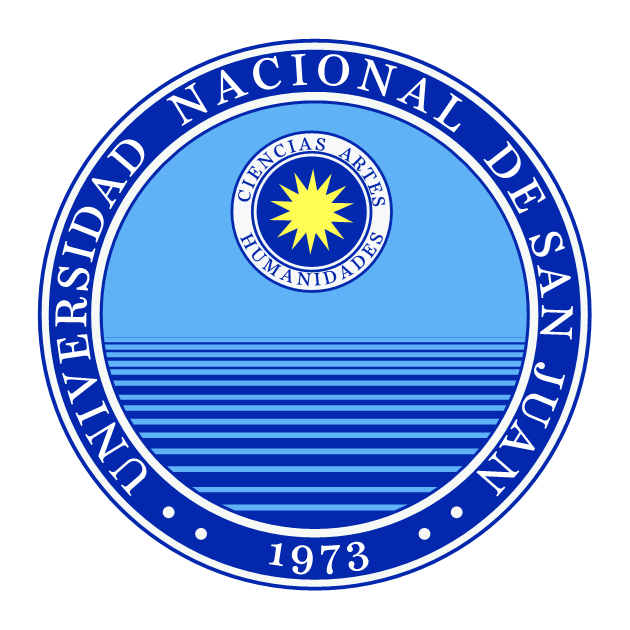

MARIE SKŁODOWSKA-CURIE ACTIONS - Call: HORIZON-MSCA-2022-DN-01-01
https://cordis.europa.eu/project/id/101120165
A doctoral network funded by Marie Skłodowska-Curie Actions (MSCA) which is a part of Horizon Europe, the MSCA are the European Union’s flagship funding programme for doctoral education and postdoctoral training of researchers.
Literally any crime scene contains animal, plant, soil, microbial or environmental traces. Examples include pet hairs or saliva, pollen and algae, soil and soil organisms like bacteria or nematodes, fungal spores, insects, and environmental DNA of any origin.
In the EU, there is a lack of training opportunities in applied topics of forensic science at postgraduate level, such as the qualitative and quantitative analysis of specifically such non-human biological traces. While many EU countries have forensic laboratories that also such traces, a much broader, integrated knowledge base is needed, built on close cooperation between basic research in academia and analysis and application in casework by forensic specialists.
NATURAL TRACES mission is the education of the next generation of forensic experts for non-human, biological trace evidence analysis. The research programme will advance the sampling and evaluation of biological evidence from crime scenes in many important biological disciplines. Research will combine organismal with molecular evidence, and evaluate and validate it by using very recent and new methodologies in forensic statistics.
The proposal aims for 11 PhD students with a background in life sciences. They will build their knowledge and experience in practical forensics in training schools provided by academic, non-academic partners, and police academies or laboratories. The training embeds biological evidence in a Bayesian framework, making it universally comparable with all other forms of evidence, by applying novel probabilistic approaches to extract forensic useful information from metadata. It is truly cross-sectoral, with secondments at end-users of the training (e.g. police forces) and joint supervision by PIs from different countries.
The consortium is represented by 10 beneficiaries plus 1 one employing associated partner, 9 academic associated partners and 3 companies associated to beneficiaries.
Please feel free to get in touch with the project coordinator and return regularly to this site for any updates and new advertisments:
Professor Jens Amendt, Coordinator & PI of MSCA DN NATURAL TRACES
Email: amendt@em.uni-frankfurt.de
Researchgate: https://www.researchgate.net/profile/Jens-Amendt












